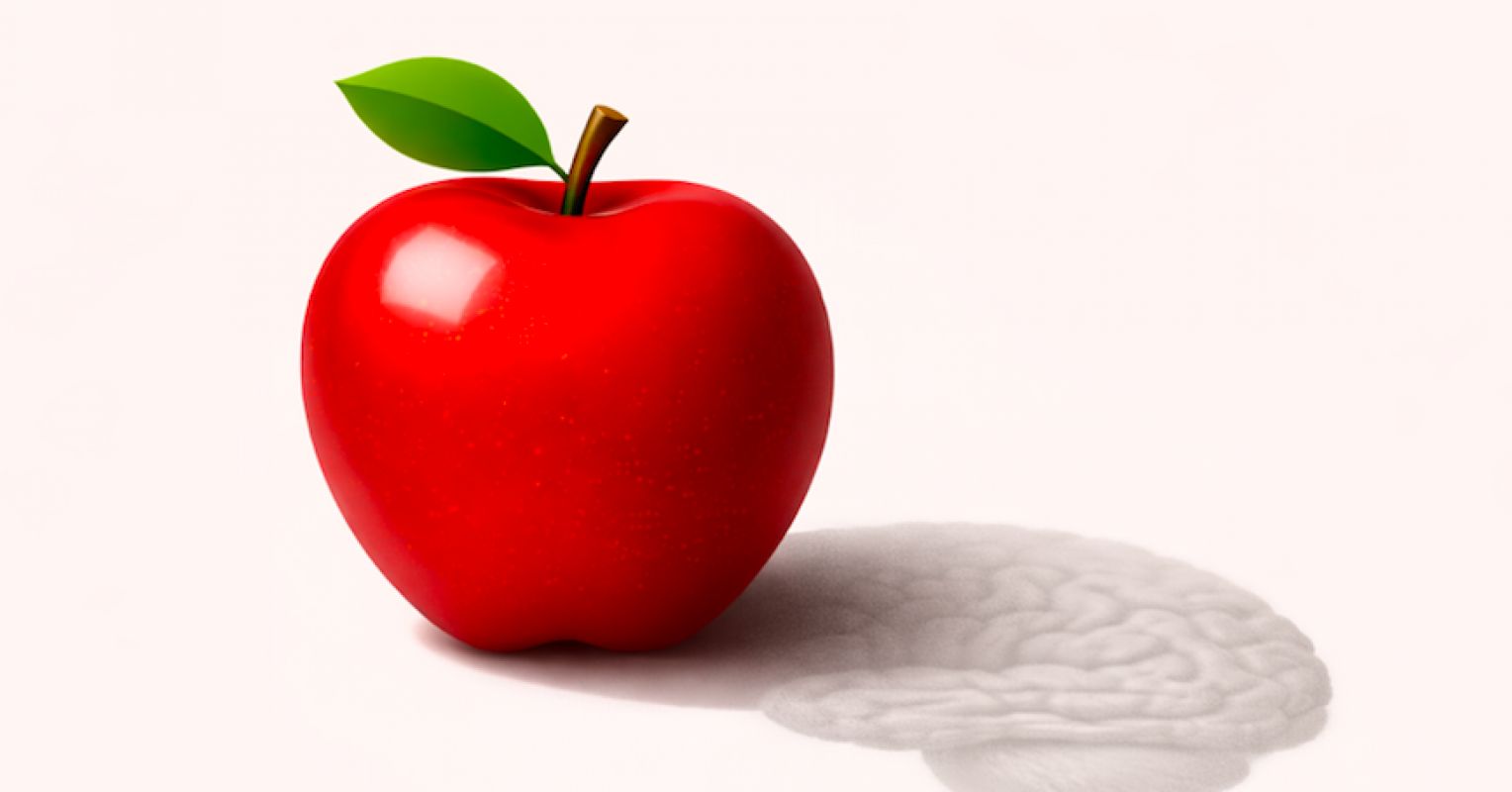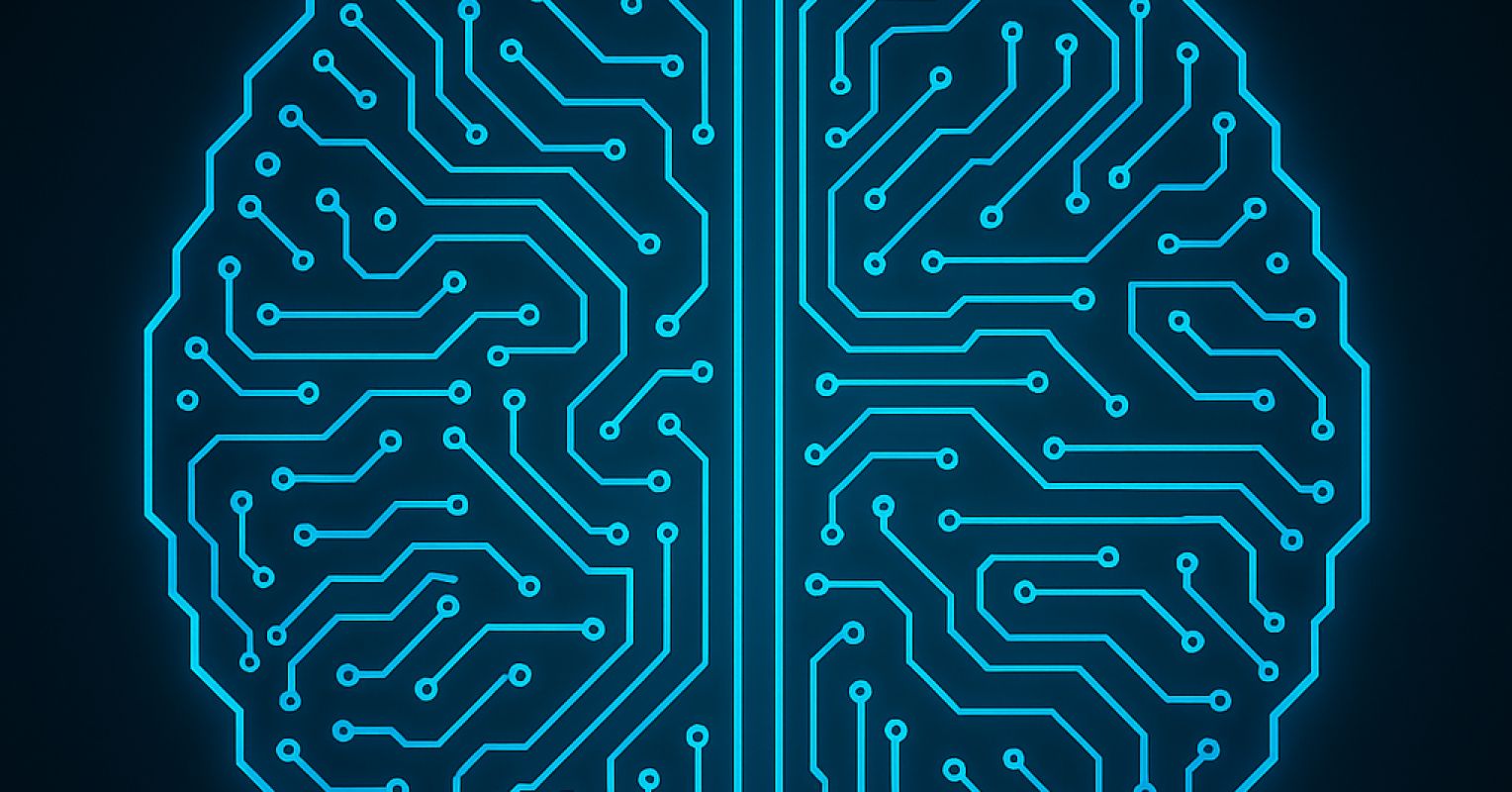#epistemology
#epistemology
[ follow ]
#knowledge #critical-thinking #philosophy #artificial-intelligence #generative-ai #nyaya #logic #gautama-aksapada
fromPsychology Today
2 weeks agoThe Tragic Flaw in AI
One of the strangest things about large language models is not what they get wrong, but what they assume to be correct. LLMs behave as if every question already has an answer. It's as if reality itself is always a kind of crossword puzzle. The clues may be hard, the grid may be vast and complex, but the solution is presumed to exist. Somewhere, just waiting to be filled in.
Artificial intelligence
fromBig Think
2 months agoDoes science reveal the absolute truth about reality?
Science is neither a collection of facts nor merely a process, but rather the combination of both. All at once, science is simultaneously the full suite of knowledge that we gain from observing, measuring, and performing experiments that test the Universe, as well as the process through which we perform those investigations and refine our conclusions based on an ever-increasing set of data.
Science
fromPsychology Today
2 months agoKnowledge Doesn't Exist the Way We Think It Does
The other researcher suggested that the methodology we use should, to a large extent, be dictated by our epistemological philosophy. For example, are you a positivist, interpretivist, a hypothetico-deductivist, a post-positivist or some other stance appearing on the list of epistemological perspectives? I imagine many readers of this blog, like myself, will be surprised by this stance. Since day one of my research methods training, I've been taught that it's the research question that should dictate your methodology...
philosophy
fromPsychology Today
3 months agoWhy Introspection Is Our Most Direct Contact With Reality
Consider what happens when you observe anything external to yourself. Light reflects off an object, travels through space, enters your eye, and triggers photoreceptor cells. These generate neural signals that journey through multiple processing stages in your visual cortex, integrate with other sensory information and memory, and finally produce the conscious experience of "seeing." That's extraordinary mediation. Multiple transformation layers where information gets filtered, compressed, interpreted, and reconstructed. By the time you "see" something, you're experiencing a highly processed representation, not the thing itself.
philosophy
Higher education
fromBusiness Insider
3 months agoThe real danger of AI in education isn't cheating - it's dependency on Big Tech algorithms, a business professor warns
AI adoption in education is shifting control over knowledge to Big Tech algorithms, causing students to outsource judgment and weaken critical evaluation.
fromMedium
5 months agoMusk thinks UX and coding are the same, this absurdity leads to chaos
This way, Latour thought he could analyse the behaviour of scientists and verify how discussions, negotiations, and rivalries shape what becomes "knowledge." After his inquiries, Latour concluded that scientists apply an awful lot of personal biases and human behaviours to so-called factually correct scientific research. For Latour, "facts" gain authority through social processes, institutional validation, and consensus-building. Not just through "objective" discovery.
philosophy
[ Load more ]





